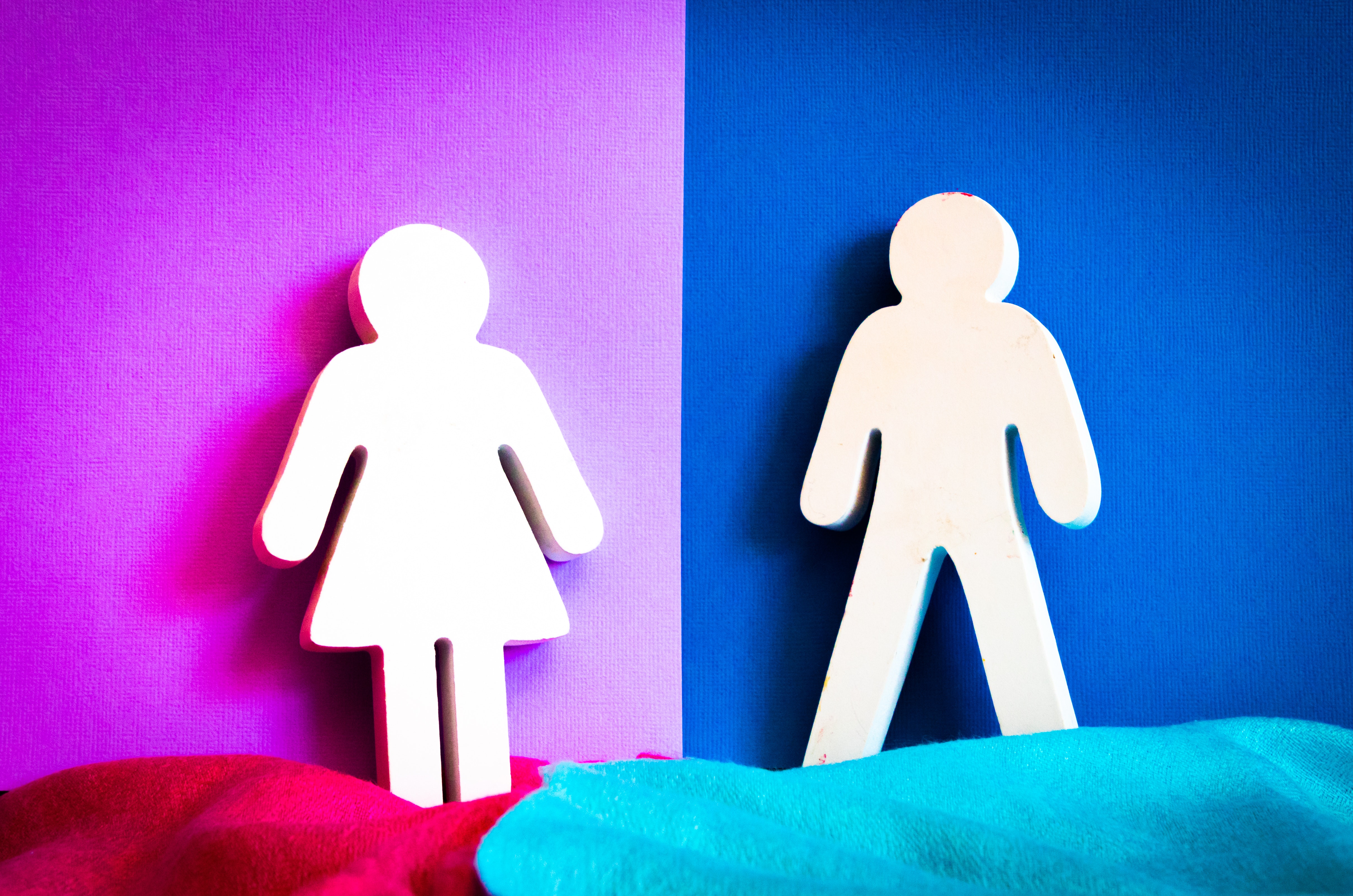
Women today are more independent and have more opportunities than in the past.
However, despite progress, women still face unequal treatment and challenges in achieving gender equality. Women's representation in leadership positions is still low and there is a persistent gender pay gap.
It is important for women to have equal representation and opportunities in all areas, including politics, business, and society, and to continue the fight for equal rights and treatment.
The representation of women in leadership positions is crucial for creating a more equal and diverse society.
Women bring unique perspectives and approaches to decision-making, and their increased representation in politics and the corporate world can lead to more inclusive and effective solutions.
Women's ability to balance multiple roles and responsibilities also highlights their strong multitasking skills, which can be valuable assets in leadership positions.
The message of "I Am Woman" remains relevant and continues to inspire women to assert their power and strive for equality.
As women become more educated, they often become more aware of gender bias, abuse, and discrimination, and may be less likely to tolerate it.
The statistic that 49% of women over 65 are single highlights the changing landscape of relationships and the increasing number of women who are choosing to live independently, rather than being married or in a committed romantic relationship.
This shift reflects changing societal attitudes towards relationships and the increasing autonomy and agency of women.
The trend of increasing education levels among women has led to greater awareness and advocacy for women's rights and equality.
The rising number of single women over 65 can be seen as a reflection of women having more agency and independence, as well as greater life expectancy. Women are making their own choices and prioritizing their own needs and desires, and it is important to recognize and support these choices.
The trend of women traveling alone and participating in women-focused entrepreneurial events has grown in recent years.
The availability of technology and the internet has made it easier for women to connect, network, and share experiences and resources. This has led to an increase in women's groups and events, which provide opportunities for women to support each other, learn, and grow their businesses.
The trend of women traveling alone also reflects the increasing independence and empowerment of women in society.
What do women really want today? It is difficult to make a generalization about what all women want, as individual experiences and desires vary greatly. However, recent trends suggest that time with friends and family is increasingly seen as a source of meaning and fulfillment.
The COVID-19 pandemic has emphasized the importance of relationships and community, and many people have made moves to be closer to loved ones.
Ultimately, each person's search for happiness and fulfillment is unique and personal. As society changes and evolves, it is important to continually reflect on what provides meaning and purpose in one's own life.
Although 40% of US businesses are women-owned, the recent survey by SCORE highlights the growing trend of women starting businesses, especially in the face of job insecurity and the need for additional income.
The finding that 28.2% of older women started a business out of necessity reflects the economic challenges faced by many women and the need for alternative sources of income.
On the other hand, the fact that a lower percentage started a business due to a perceived opportunity, passion, or family considerations, shows that women are also pursuing entrepreneurship for non-economic reasons.
The trend of women starting businesses highlights their entrepreneurial spirit and ability to adapt and succeed in the face of adversity.
Some major issues facing women today include:
- Gender discrimination and inequality in the workplace, including the gender pay gap and lack of representation in leadership positions.
- Sexual harassment and violence against women
- Access to affordable and quality healthcare, especially reproductive healthcare
- Balancing work and family responsibilities, including the need for paid family leave and affordable childcare.
- Lack of affordable and accessible housing
- Ageism and elder abuse
- Economic insecurity and poverty, particularly for single mothers and elderly women
- Climate change and its disproportionate impact on women
- Stereotyping and negative representation of women in media and advertising
- Lack of political representation and decision-making power in government.
These issues highlight the need for continued advocacy and action to address the systemic challenges faced by women and promote gender equality.

